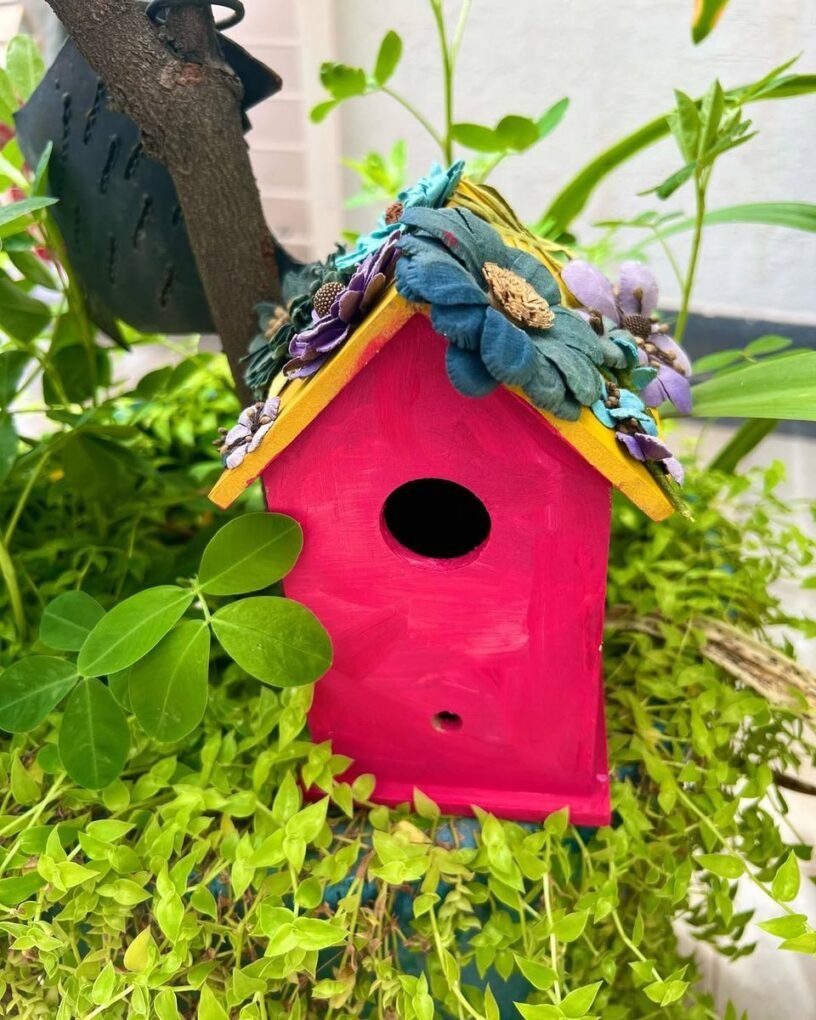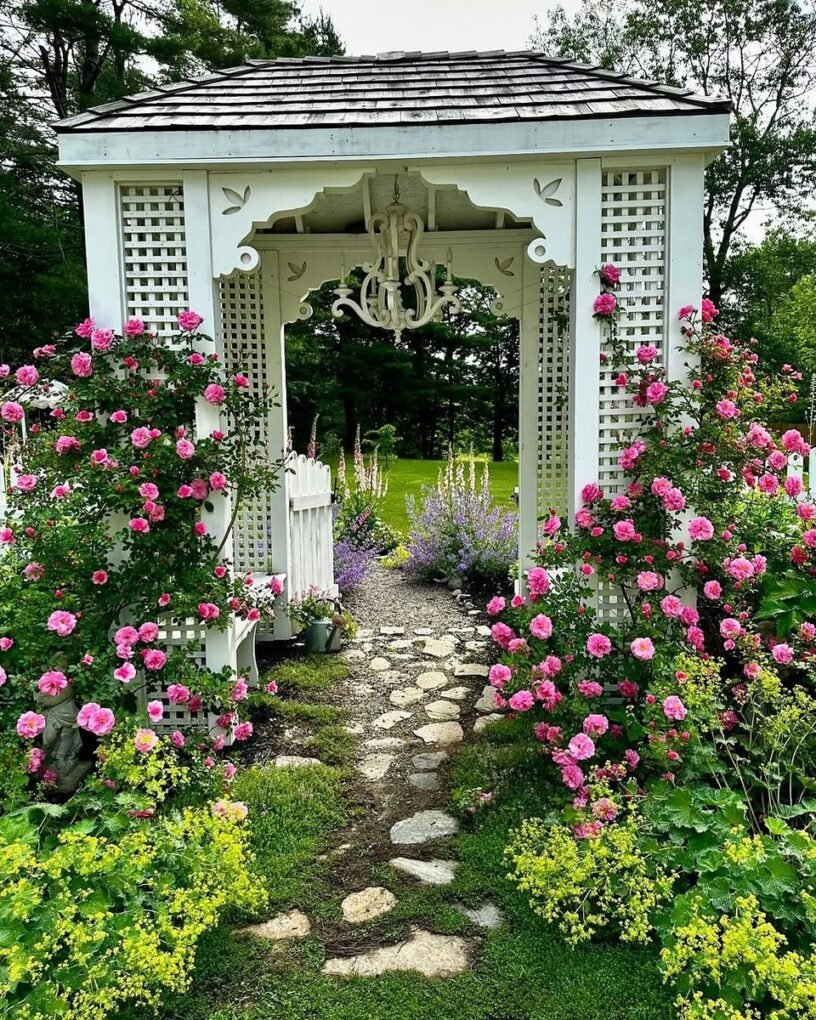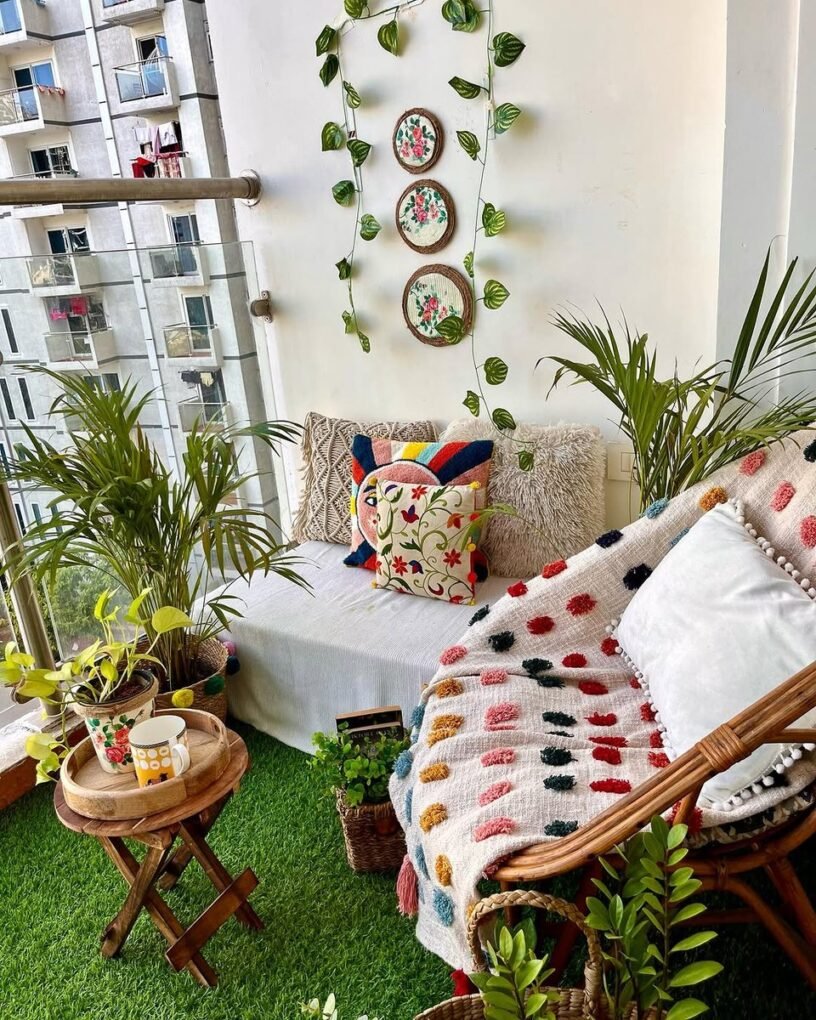The UK gardening market is huge – it’s estimated to have brought in over £24.2 billion to the national GDP in 2017 alone. But it’s not only good for the economy, it’s good for you too. English Poet, Alfred Austin, once said, “To nurture a garden is to feed not just the body, but the soul.” And we thought we’d look at just how right he was:
- The link between gardening and depression
- Benefits of gardening on mental health
- Ways to get involved and improve your wellbeing

Let’s explore how looking after plants and flowers, and surrounding yourself with green can benefit your health and wellbeing…
The link between gardening and depression
There’s no doubt been an increased focus on mental health in the past few years, and since the stigmas around it are being eliminated, a lot of us are searching for more ways to cope without chemical assistance. Well, it turns out gardening and time outdoors is proving to be a favorite complementary therapy.

While there has always been a link between gardening and happiness, there hasn’t been much scientific research into why. At least not until recently anyway. A 2019 Survey suggests that just two hours of outdoor time a week is associated with better health and psychological wellbeing. Not only that, other recent studies suggest that daily contact with nature has a long-lasting and deep impact on things such as anxiety, weight, diabetes, heart disease, and more. So, what started as a practical herb and vegetable-growing survival exercise for homemakers, has grown into a healthy and heart-warming activity for all.
Benefits of gardening on mental health
From tops to toes, gardening is good for us. So, let’s take a look at the benefits of modern gardening on our wellbeing and bodies:
- Stress relief: If nothing else, gardening for a little while takes us away from our busy tech-filled lives. There are no screens, no lights, no distractions – just nature and oxygen and green. It’s also been shown to reduce our stress-inducing cortisol levels and help regulate our emotions. So, if you’re feeling strained, spend a little time looking after your potted plants or go take part in Forest Bathing.
- Connection with nature and ourselves: Gardening also helps us connect with our roots (sorry). It helps us understand the power of nature and allows us to feel more connected with it. This is especially true if you’re eating food you’ve grown yourself. There’s a feeling of pride, of nurturing and of understanding how your outdoor space needs to be treated.
- Mindfulness and staying in the moment: It’s a sort of meditation at the end of the day. We’ve often found the hours fly by when we’re pruning or planting out. This comes from how focused we are on the task at hand – there’s not often time to let our minds drift or be distracted by issues in our lives. We need to focus for safety reasons too when we’re doing things like digging and cutting.
- We have a purpose: Choosing plants and landscaping your garden can give you a true sense of purpose. The pride in choosing bee and bird-friendly plants. That good feeling when you’re harvesting something you’ve grown to eat. It all helps increase our dopamine and serotonin levels – both naturally effective anti-depressants.
- Accomplishment and acceptance: Harvesting your home-grown vegetables and herbs, or growing a brand-new plant from some seeds or a cutting is something to be proud of. The feeling of accomplishment is simple and excellent for your wellbeing. But when a crop or seedling fails, we learn to accept that too. It helps us manage disappointment and accept that we aren’t always in control – it’s a powerful exercise.
- Improved brain function: The focus and purpose you get from gardening can also lead to improved overall brain function and memory. It’s even been suggested as a therapy for dementia.
- Better physical health: We all know that exercise is a natural way to combat low moods and improve your wellbeing. But did you know that you can burn off 87 Mars bars a year by doing some light gardening? There’s a variety of movements, it’s not always high impact and it can lead to improved sleep patterns too.
- Stronger immune systems: It’s not just good feelings either. Research shows that vitamin D from the sun can combat things like Seasonal Affective Disorder (SAD), and there are bacteria in the soil which can help boost your immune system and emotional response too.
Ways to get involved and improve your wellbeing
Getting started in the gardening scene is incredibly easy and fairly cost-effective – you can begin with a small houseplant which will only cost a couple of pounds. Aloe Vera Plants or Spider Plants are easy, low-maintenance options. Alternatively, you could get a couple of outside planters and pick a few hardy low-maintenance plants, like ferns.

When you’re ready to go further and start planting in the ground, check your soil quality before you do anything else. Some newer developments can have a lot of stones or rubble and heavy soil, so consider digging in some soil conditioner or compost to loosen and aerate the area for improved root growth.
Next up is choosing your plants. Look at your border – is it shady or sun-filled? Do you want veg or flowers? Once you’ve decided, do some research and choose your favorites. The key here is to make sure to learn about the plants. Things grow (obviously) so they won’t always be the size they are when you plant them and you don’t want to crowd your borders.

After planting, pay attention by keeping an eye out for pests and problems. That way you can catch things before they become a real issue. And prune, feed, or shape your plants as necessary.

For more advice, why not check out your local community gardening group or hit up the allotments? People who garden are always up for a chat and love to share their knowledge.
We hope you’ve learnt a bit about the link between gardening and depression, and what the benefits of gardening on mental health are. At the end of the day, it’s all about wellbeing and feeling more centered in ourselves.




